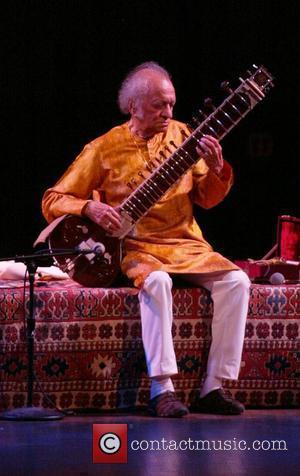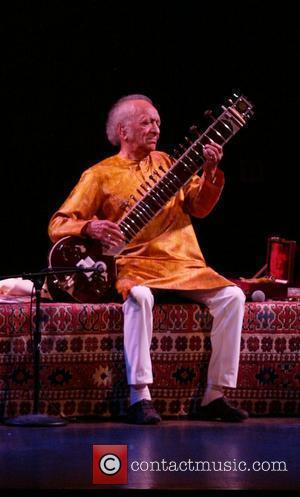Ravi Shankar, the Godfather of Indian classical music, has died at the age of 92
By Lorna Greville in Lifestyle / Showbiz on 12 December 2012
Shankar changed the face of modern music and opened the eyes of millions to sitar music as well as the Asian-sub-continent's classical music differences in tone, rhythm, harmony and timbre. Sitar music has entirely different scales to the European classical music that had informed most artists until the 1960s when The Beatle's George Harrison introduced Shankar to the world of pop music, and pop music's fans to Shankar.
As the music world weeps for the loss of one of the last century's greatest influences, many people have spoken of their sense of loss. Ivan Hewett, writing for the Telegraph, speaks of his 'first encounter' with Shankar on one his parent's vinyls. He describes the music as "darting and bobbing like a hummingbird and sighing like a disembodied voice." He wrote, "I especially liked the moment when the tabla entered, because this signalled was the closing section of a composition that would get faster and faster, ending in a dizzying whirl of virtuosity."
As his friendship with George Harrison blossomed, he played at an array of enormous music festivals, including the iconic festival Woodstock in 1969 which resulted in his music being associated with the free-loving, drug-fuelled moment of the era. "People had this idea that my music was somehow mixed up with the drug culture, that it was a way of losing your consciousness," Shankar said said. "But that's so wrong, the tradition is all about achieving an inner purity. I always hated the drugs, and I decided not to play at those festivals any more."
Tributes flooded in on Twitter as well. The son of The Beatle's record producers, Giles Martin, said, "I'm very sad to hear of the death of #ravishankar. A beautiful, worldly man with warmth and talent. I bet George is happy to see him again." Terry Gilliam said: "Ravi Shankar has left the building. 92.. a wonderful life." And then added a photo of the man himself.
Ravi Shankar died in a hospital in California yesterday (11th December 2012) after undergoing a heart-valve replacement operation 6 days ago.
Contactmusic


